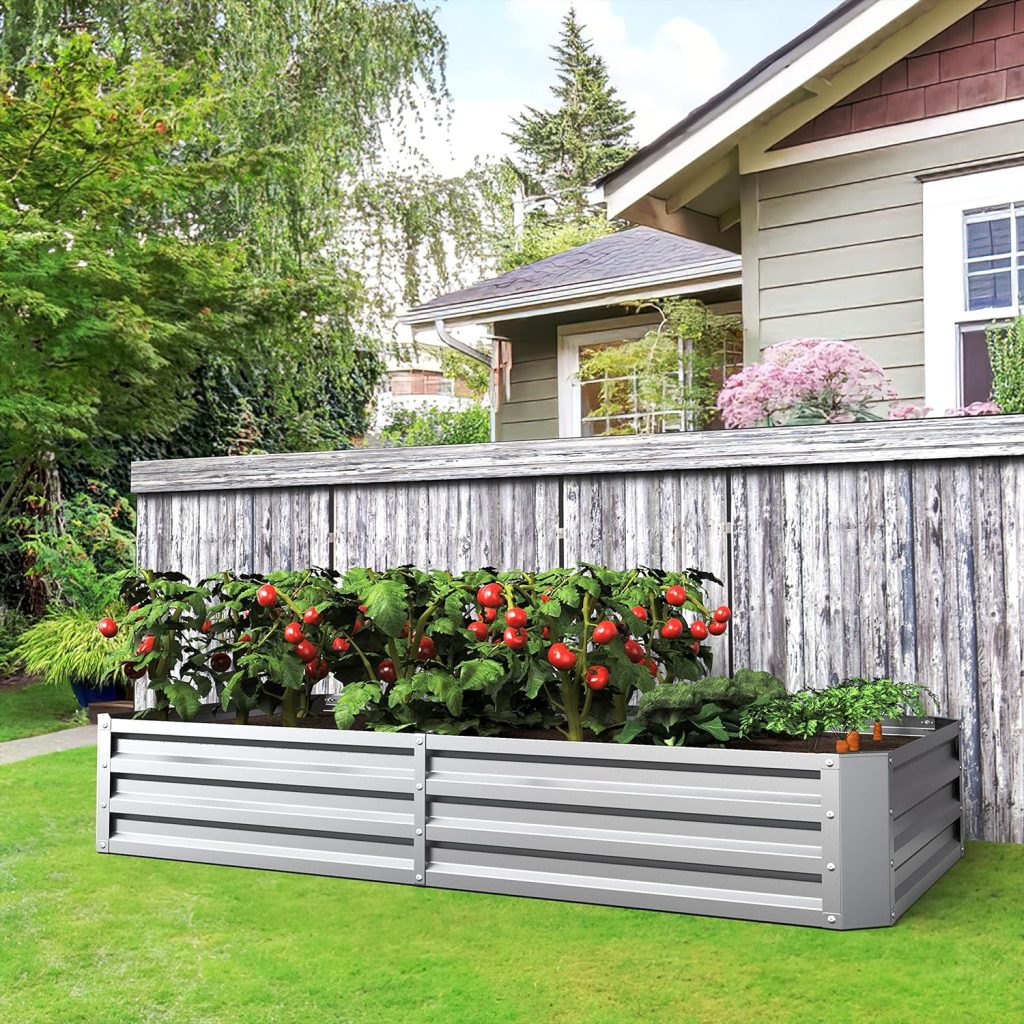Tips for Best Yield in Organic Gardening
Organic gardening is a rewarding practice that promotes healthy plants, soil, and ecosystems. Achieving the best yield in an organic garden requires careful planning, proper soil management, and sustainable practices.
Below are essential tips to maximize your organic garden’s productivity.
Soil Health
The foundation of a thriving organic garden is healthy soil. Rich, fertile soil provides essential air, water, and nutrients to plants, supporting robust growth and high yields.
- Test Your Soil: Before planting, test your soil to determine its pH and nutrient levels. This helps you understand what amendments are necessary.
- Add Organic Matter: Incorporate compost, aged manure, or leaf mold to improve soil structure, water retention, and nutrient content.
- Mulch Regularly: Use organic mulches like straw, grass clippings, or wood chips to retain moisture, suppress weeds, and add organic matter as they decompose.
- Rotate Crops: Rotate your crops annually to prevent soil depletion and reduce pest and disease buildup.
Choosing the Right Plants
Selecting appropriate plants for your climate and soil type is crucial for achieving the best yield.
- Select Local Varieties: Choose plant varieties that are well-adapted to your region’s climate and soil conditions.
- Companion Planting: Utilize companion planting techniques to enhance growth and deter pests. For instance, planting basil near tomatoes can improve flavor and deter insects.
- Diverse Planting: Grow a diverse range of plants to improve ecosystem health and reduce the risk of pest outbreaks.
Water Management
Efficient water management is vital for plant health and productivity.
- Water Deeply and Infrequently: Deep watering encourages root growth and helps plants withstand drought. Water your garden early in the morning to minimize evaporation.
- Use Drip Irrigation: Install drip irrigation systems to deliver water directly to the plant roots, reducing water waste and preventing fungal diseases.
- Harvest Rainwater: Collect rainwater in barrels to provide a sustainable water source for your garden.
Pest and Disease Control
Organic gardening avoids synthetic chemicals, relying on natural methods to manage pests and diseases.
- Encourage Beneficial Insects: Attract beneficial insects like ladybugs and predatory beetles by planting flowers such as marigolds and dill.
- Use Natural Remedies: Apply neem oil, insecticidal soap, or homemade sprays (e.g., garlic or hot pepper) to control pests.
- Practice Good Hygiene: Remove diseased plants promptly and clean up garden debris to reduce habitats for pests and diseases.
Fertilization
Organic fertilizers nourish plants, allowing them to provide the best yield without harming the environment.
- Compost Tea: Use compost tea to provide a nutrient-rich, liquid fertilizer that enhances plant growth.
- Green Manure: Grow cover crops like clover or alfalfa and turn them into the soil to add nitrogen and improve soil structure.
- Fish Emulsion: Apply fish emulsion as a balanced fertilizer, providing essential nutrients for healthy plant growth.
Regular Monitoring and Maintenance
Consistent care and observation help identify issues early and ensure plants remain healthy.
- Inspect Plants Frequently: For best yield, regularly check plants for signs of pests, diseases, or nutrient deficiencies. Early detection allows for prompt action.
- Prune and Train Plants: Prune plants to improve air circulation and direct energy towards fruit production. Use stakes, trellises, or cages to support climbing plants.
- Weed Control: Keep your garden free from weeds, which compete for nutrients and water. Hand weed or use organic mulch to suppress weed growth.

